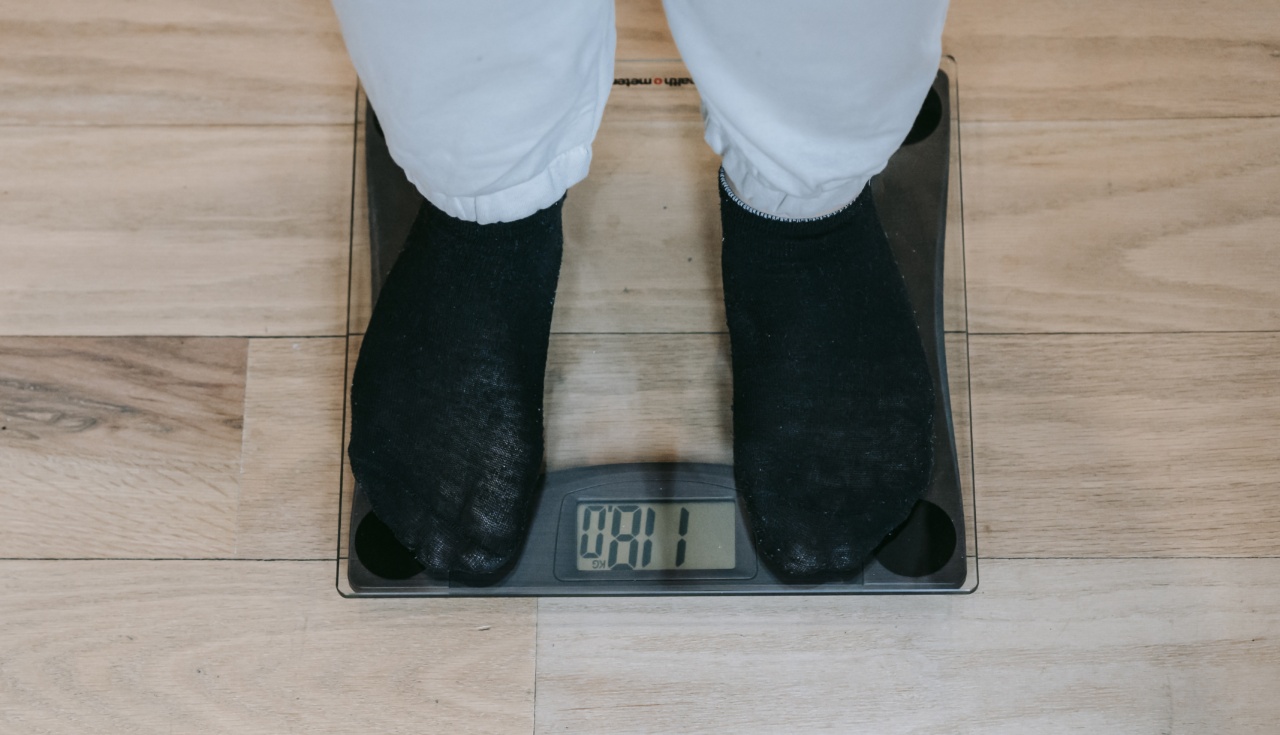When it comes to achieving weight loss, low-calorie diets have always been the go-to solution for most people. The idea behind them is simple – if you consume fewer calories than you burn, you’ll lose weight.
However, there’s more to weight loss than eating fewer calories. In fact, low-calorie diets might not be the best approach for everyone. In this article, we’ll explore why low-calorie diets are not the only solution for weight loss.
Metabolism and weight loss
Metabolism plays a key role in determining how much energy your body needs to function. In simple terms, metabolism is the set of chemical processes that occur in your body to maintain life.
Your metabolic rate dictates how many calories you burn at rest and during activity. A low metabolic rate means that your body burns fewer calories, while a high metabolic rate means that it burns more.
Low-calorie diets can be counterproductive for weight loss in people with slow metabolic rates. When you consume fewer calories than your body needs, it goes into a starvation mode, slowing down the metabolic rate to conserve energy.
This means that you burn fewer calories even when you exercise, making weight loss more challenging. To lose weight effectively, you need to find a way to boost your metabolism, not slow it down.
The importance of protein in weight loss
Protein is an essential nutrient that plays a crucial role in building and repairing tissues, making hormones and enzymes, and supporting the immune system. It also helps to keep you feeling full and satisfied for longer periods.
In a weight loss journey, protein is especially important as it helps to preserve muscle mass, which is essential for maintaining a healthy metabolic rate.
Low-calorie diets tend to be low in protein, which can lead to muscle loss during weight loss. When you lose muscle, you also slow down your metabolism, making it harder to continue losing weight.
A protein-rich diet, on the other hand, can help you lose weight without sacrificing muscle mass.
Dietary fat and weight loss
For years, dietary fat has been demonized as the main culprit of weight gain. However, new studies show that not all fats are created equal. In fact, some fats are essential for optimal health and weight loss.
Foods like nuts, seeds, olive oil, and avocado are rich in healthy fats that can help you lose weight by reducing inflammation, improving insulin sensitivity, and promoting satiety.
Low-calorie diets tend to be low in dietary fat, which robs your body of essential nutrients and can make you feel deprived.
Instead of focusing on eliminating all fats from your diet, you should opt for healthy sources of fat that nourish your body and support your weight loss goals.
The drawbacks of low-calorie diets
While low-calorie diets can help you lose weight in the short term, they come with certain drawbacks that make them unsustainable in the long run.
- Low energy levels: Consuming too few calories can leave you feeling lethargic and fatigued, making it difficult to stick to your weight loss plan.
- Increased cravings: When you limit your food intake, your body starts to crave high-calorie foods, leading to binge eating and weight gain.
- Lack of nutrients: Low-calorie diets tend to be low in essential nutrients like vitamins, minerals, and fiber, which can compromise your health and immunity.
- Poor mental health: Calorie restriction can also have a negative impact on your mental health, leading to depression, anxiety, and body dysmorphia.
The alternative to low-calorie diets
If low-calorie diets are not the best approach for weight loss, what is the alternative? The answer is simple – a healthy, balanced diet that provides your body with all the nutrients it needs to function optimally. A balanced diet should include:.
- Protein: Lean meats, poultry, fish, eggs, beans, and legumes.
- Healthy fats: Nuts, seeds, olive oil, avocado, full-fat dairy, and fatty fish like salmon.
- Complex carbohydrates: Brown rice, quinoa, sweet potato, whole-grain bread, and pasta.
- Fruits and vegetables: A variety of colorful fruits and veggies to provide essential vitamins, minerals, and fiber.
It’s also important to avoid highly processed foods, sugary drinks, and alcohol, all of which can contribute to weight gain.
Conclusion
Low-calorie diets have been the go-to solution for weight loss for decades. However, they are not the only solution.
When it comes to sustainable weight loss, it’s essential to focus on a healthy, balanced diet that provides your body with all the nutrients it needs to function optimally. By nourishing your body with the right foods, you can boost your metabolism, preserve muscle mass, and promote weight loss without feeling deprived or hungry.























